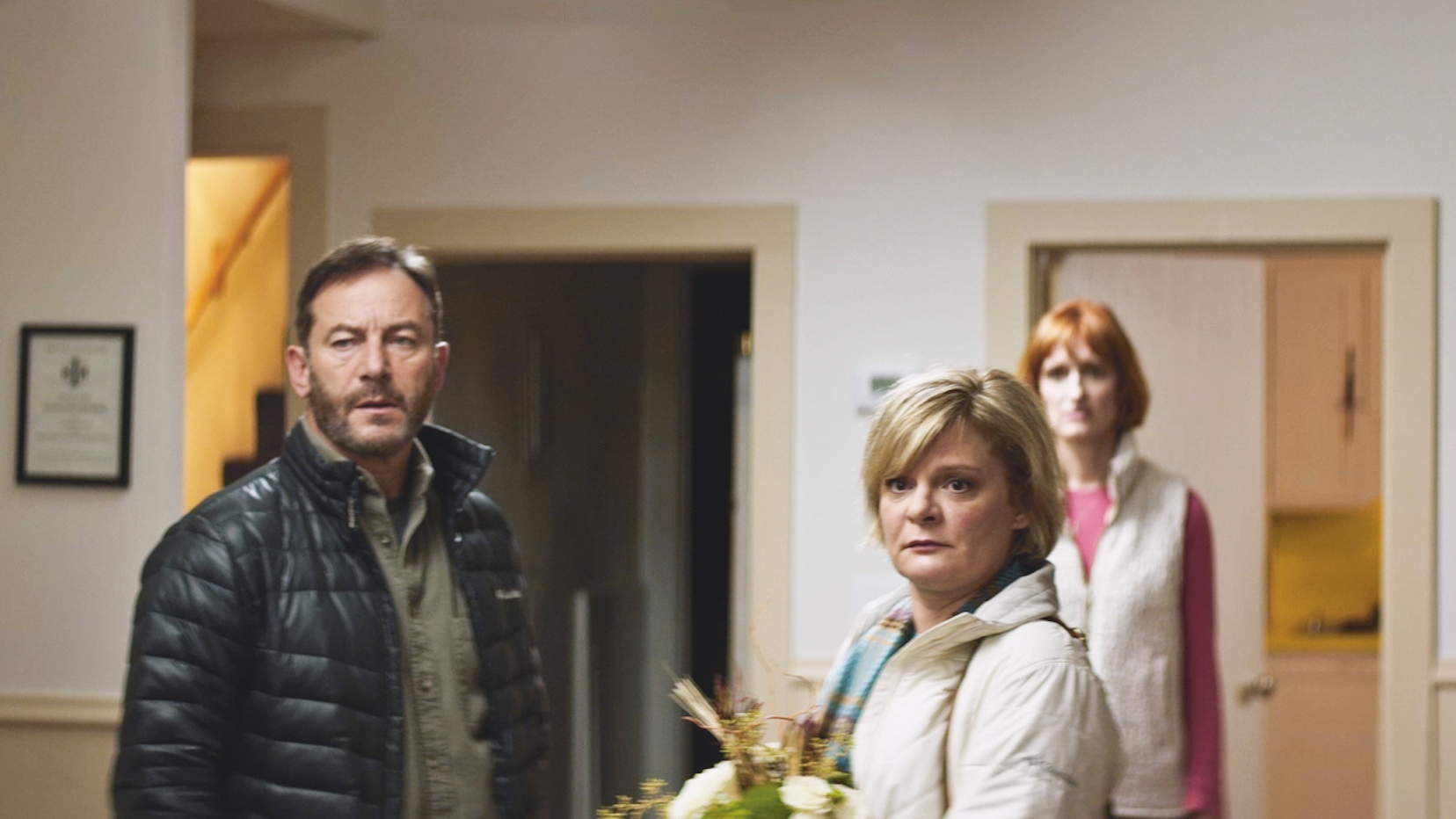Back in April 2020 a widely shared tweet suggested that the previous month was the first March since 2002 in which there had not been a US school shooting. Had a life-threatening pandemic forcing children to stay at home really succeeded where lawmakers had for so long failed? The truth turned out to be a little more complex (it all depends on how you define “school shooting”).
But the idea that the only way to stop regular massacres would be to literally close all schools was a stark reminder of the everyday reality of the US, where Active Shooter Drills teaching kids how to react in combat situations are just another part of the curriculum.
Even from the vantage point of the UK – geographically and culturally remote from the gridlocked US gun control debate – the thought of classrooms as sites of carnage rather than learning is a terrifying thing to consider head-on. Perhaps that is why films dramatising or examining school shootings are relatively rare, because who would want to confront that horror voluntarily? All of which makes Mass – a strikingly humane but emotionally devastating exploration of anger, helplessness and grief after a fatal incident in an otherwise nondescript middle-American town – a tough sell.
Perhaps it helps that the film takes place six years after the actual event: time enough for the news cycle to advance, for lawsuits to be raised and settled, for the wider world to have moved on. But for the four people who convene in the back room of a small local church, the trauma still seems palpable. After careful legal wrangling, the mother and father of the perpetrator have agreed to meet the parents of one of the victims to talk face-to-face about the experience that connects them.
For Gail (Martha Plimpton) and Jay (Jason Isaacs), who lost their son to seemingly random violence, the desire to seek some sort of closure seems understandable. And who could know the motivations of the dead gunman better than the people who raised him? Quite why Linda (Ann Dowd) and Richard (Reed Birney), the pilloried parents of the shooter, would agree to be interrogated seems less obvious, though it feels like they are still looking for answers too.
Gail is so tightly wound that she seems barely able to speak. Jay has a grasp of conciliatory language but his haunted, haggard demeanour suggests a man hanging on by a thread. Linda appears open and empathetic (a million miles away from Dowd’s terrifying turn as Aunt Lydia in The Handmaid’s Tale series), but cannot bring herself to wholly condemn her killer son; estranged husband Richard, formally dressed and wary, seems to view the whole exercise as simply another flagellation to endure.





